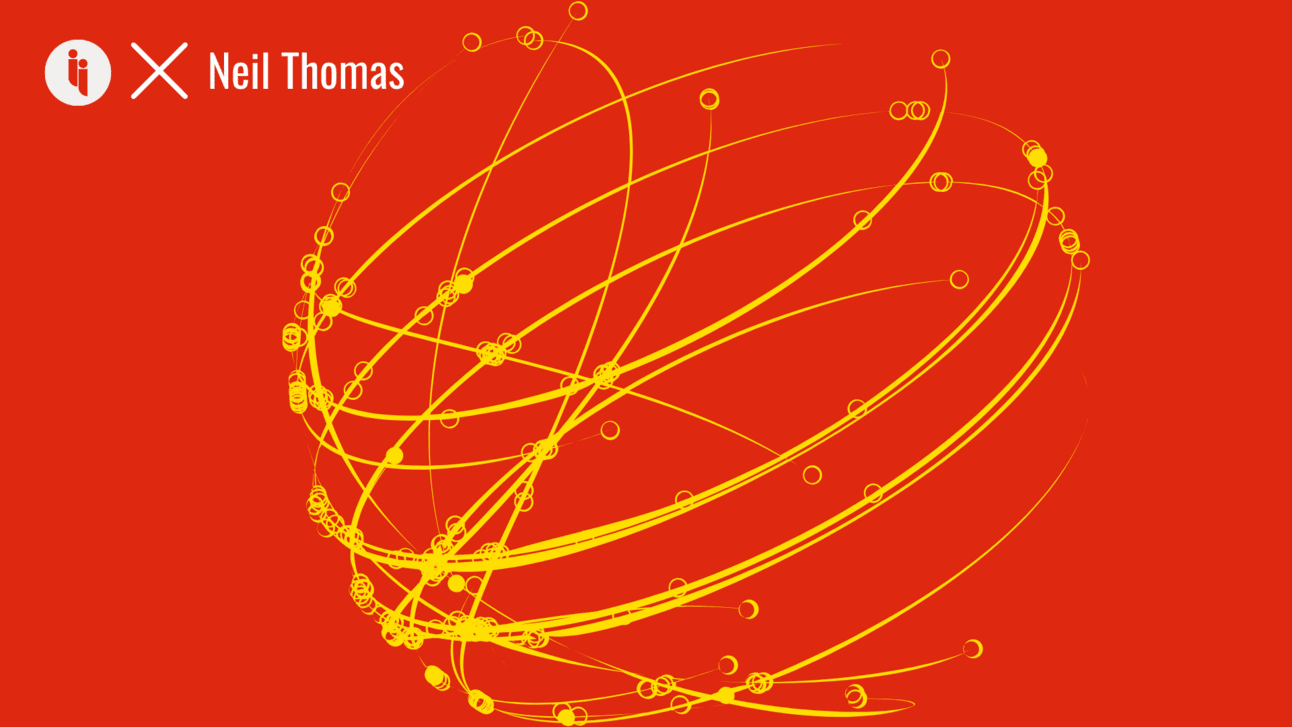A guest piece by Neil Thomas, Asia Society Policy Institute
China hosts the third Belt and Road Forum for International Cooperation in Beijing today (Tuesday) and tomorrow. It marks a decade of President Xi Jinping’s signature Belt and Road Initiative (BRI) to boost Chinese leadership through infrastructure investments across the Global South. Notably absent will be India, Asia’s other population behemoth, which also increasingly regards itself as a great power.
A nice idea. Greater cooperation between Global South countries could help to elevate economic development as a priority for Western countries and reform global governance institutions like the United Nations to be more representative of and responsive to the developing world.
Stay on top of your world from inside your inbox.
Subscribe for free today and receive way much more insights.
Trusted by 134,000+ subscribers
No spam. No noise. Unsubscribe any time.
But still far off. The BRI forum is being overshadowed by the war between Israel and Hamas. Neither China nor India have figured prominently in the international response, showing the regional limits of their influence compared to the United States, whose military and security footprint affords it a greater relevance (for good and for ill) across the world.
And for China, economic woes and foreign pushback have in recent years led Xi to downgrade the BRI’s focus to “small but beautiful” projects.
Importantly, the chances of a truly united Global South are slim.Conversations with Indian scholars and policy advisors on a recent trip to New Delhi, for a conference run by the Organisation for Research on China and Asia, yielded several insights into the degree of strategic scepticism there is toward Beijing:
- The Indian government and strategic community are more focused on the China threat than even on old foe Pakistan, especially after fatal clashes on the disputed Sino-Indian border in 2020.
- New Delhi views border troubles as the central issue of bilateral relations, while Beijing wants to isolate boundary issues and focus on rebuilding economic and political cooperation.
- India uses its membership of ‘China-led’ Global South groupings like BRICS and the Shanghai Cooperation Organization to hinder Beijing’s ability to use them to build a Chinese-led international order.
Neil Thomas is a Fellow on Chinese Politics at Asia Society Policy Institute’s Center for China Analysis. He’s on Twitter @neilthomas123.








